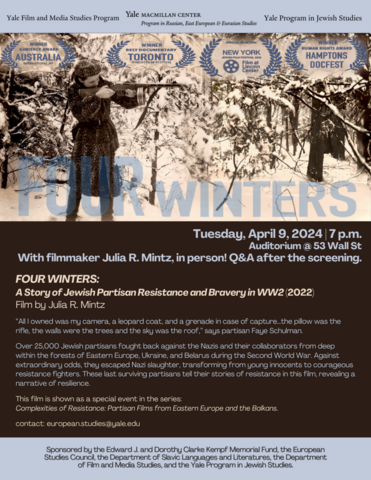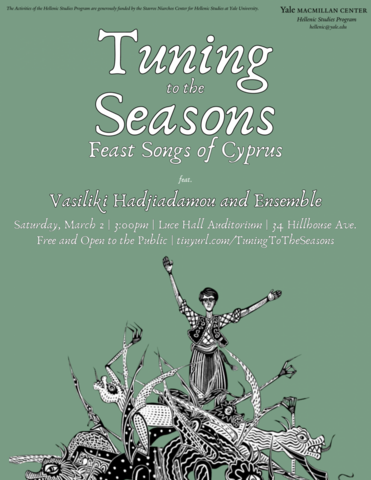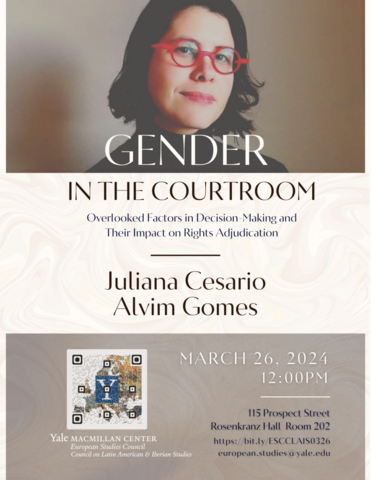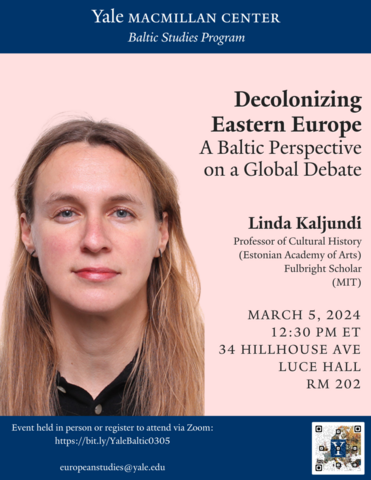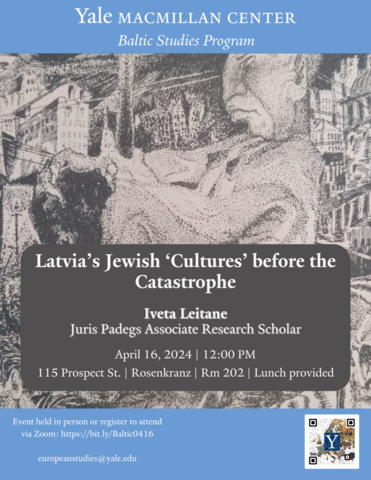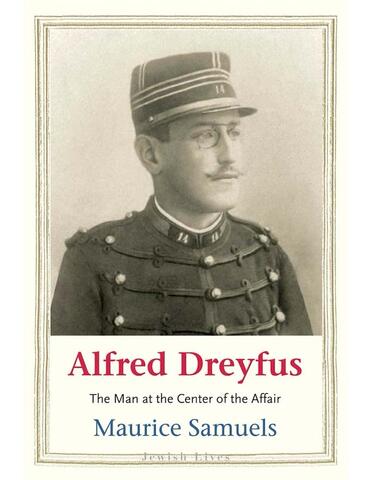Screening of FOUR WINTERS with Q&A by Director | Complexities of Resistance: Partisan Films from Eastern Europe and the Balkans Film Series
Complexities of Resistance: Partisan Films from Eastern Europe and the Balkans Film Series presents a film screening of FOUR WINTERS: a Story of Jewish Partisan Resistance and Bravery in WW2 with Q&A by Director Julia R. Mintz
USA, 2022. 1h 30m. DCP. New Moon Films.
Directed by Julia R. Mintz
on Tuesday, April 09, 2024, 7:00 p.m.
Auditorium, 53 Wall St. (first floor)
New Haven, CT 06511
Free and open to the public | All films will be shown with English subtitles
“All I owned was my camera, a leopard coat, and a grenade in case of capture…the pillow was the rifle, the walls were the trees and the sky was the roof,” says partisan Faye Schulman.
Over 25,000 Jewish partisans fought back against the Nazis and their collaborators from deep within the forests of Eastern Europe, Ukraine, and Belarus during the Second World War. Against extraordinary odds, they escaped Nazi slaughter, transforming from young innocents to courageous resistance fighters. These last surviving partisans tell their stories of resistance in this film, revealing a narrative of resilience.
Sponsors:
Edward J. and Dorothy Clarke Kempf Memorial Fund; Russian, East European and Eurasian Studies Program; European Studies Council; Whitney Humanities Center; Yale Film Archive; Department of Slavic Languages and Literatures; Film and Media Studies Program; and the Jewish Studies Program.
About the Film Series: In the aftermath of World War II, several European states started reconstructing and reimagining their identities and recent histories by producing a vast number of films that celebrated and commemorated their guerrilla struggles against fascism. These films ranged in scope and ambition from intimate psychological dramas to overblown military spectacles, from elegiac recollections to pure pulp fiction. Similar to Hollywood westerns, partisan films were the defining genre of the socialist film industry for a significant period. Moreover, in the late 60s and early 70s, both genres reinvented themselves and underwent a political revision that ended their respective “classical periods.” Despite being hugely successful in their domestic markets and often cinematically accomplished, many examples of the partisan films never traveled abroad, and most film prints today remain locked up and in dire need of preservation in various national film archives. Aside from a handful of canonical works, the majority of films we will screen have never been shown in the U.S.


